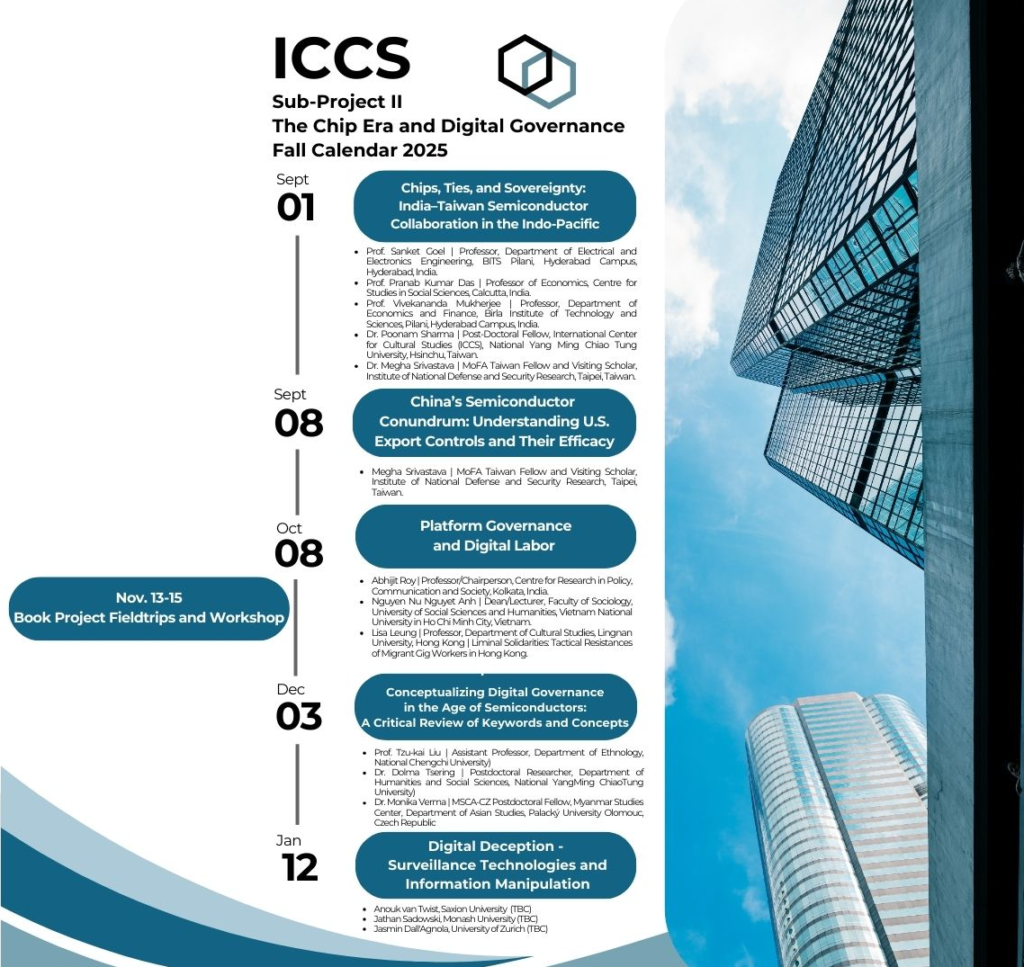There are varying estimates of the gig and platform economy in India. The NITI Aayog estimated that in 2020–21, there were approximately 7.7 million workers actively participating in the gig economy. It was expected to grow to 23.5 million workers by 2029–30 (NITI Aayog 2022). Another study estimated that 11 platforms in India engaged about 3 million workers in 2020 (Fairwork 2020). The passenger mobility and hyperlocal delivery services in urban India alone were estimated to engage 3.3 million workers (Raman et al 2021).

Heterogeneity of Labour on Digital Platforms in India: Precarity or Empowerment?
jeemol Unni and Ravikiran Naik
Review of labour and employment Vol. 59, Issue No. 50, 14 Dec, 2024
Abstarct
Studies have proposed that work on digital labour platforms is precarious. This paper argues that there is heterogeneity of workers on digital platforms with varying work contracts; not all are precarious. Digital wage and salary work, characterised by structured employment arrangements, may be economically more precarious. These workers experience earnings fluctuations and limited access to social security benefits. In contrast, self-employed workers leveraging platforms to enhance market reach may exhibit greater economic security and control. They benefit from the platform’s infrastructure, customer base, and entrepreneurial opportunities, leading to higher earning potential and flexibility. The analysis uses individual records of the Centre for Monitoring Indian Economy-Consumer Pyramids Household Survey from May 2022 to December 2023.
This paper forms part of the Indian Council of Social Science Research project titled “Digital Labour Platforms in India: Understanding Precarity and Empowerment.” The authors gratefully acknowledge funding from the ICSSR for undertaking this research.






